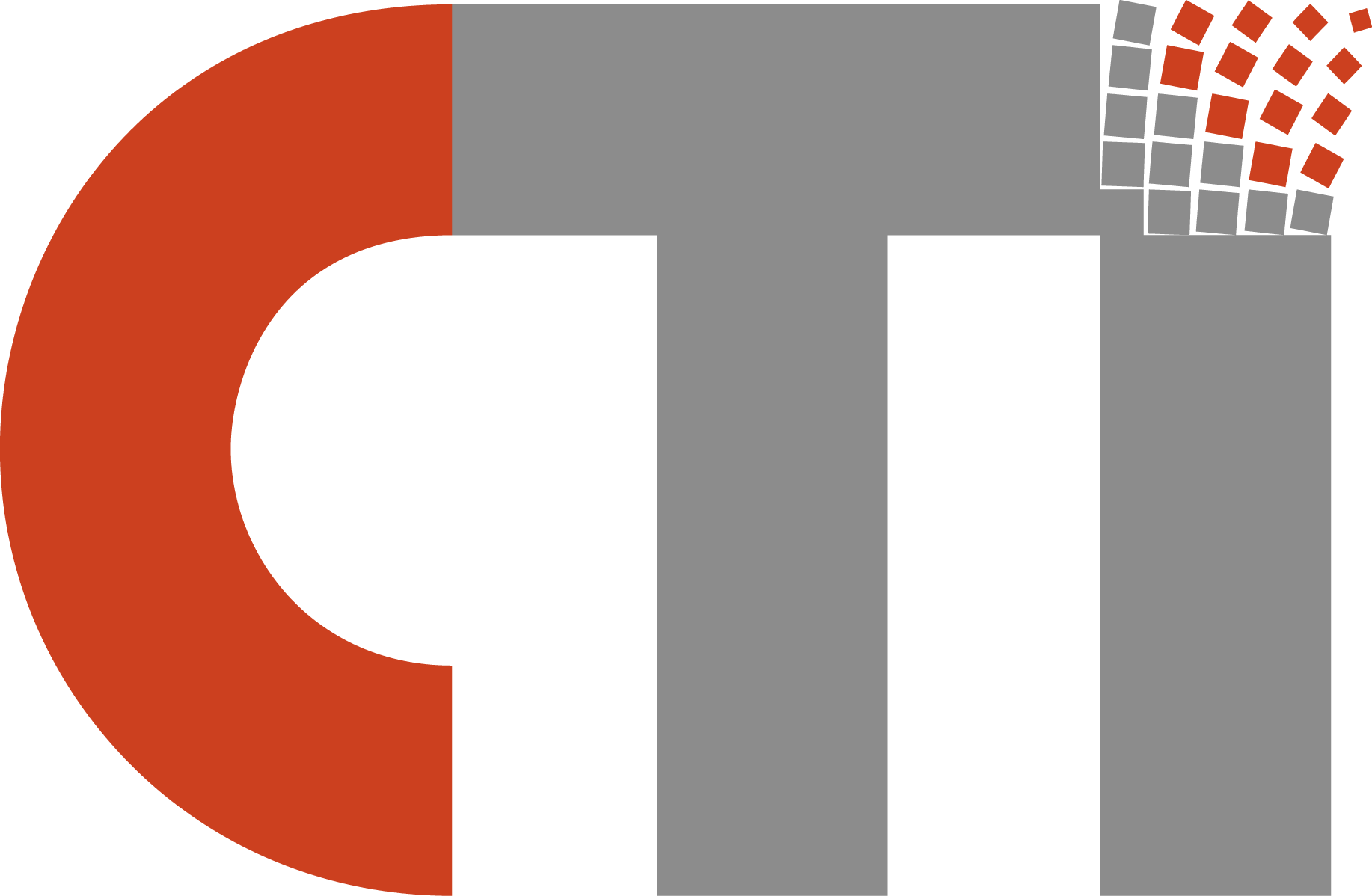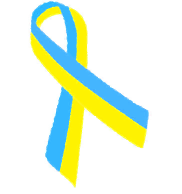Constantin Andrei ZAMFIRA, Public Dissertation of PhD Thesis
Thesis Title: "Contributions to the Development and Standardization of the Semantic WEB"
PhD Board:
- President: Professor Emeritus Dr. Eng. Vladimir-Ioan CREȚU (Politehnica University of Timisoara)
- Scientific leader: Professor Dr. Eng. Horia CIOCÂRLIE (Politehnica University of Timisoara)
- Referees:
- Professor Emeritus Dr. Eng. Victor-Valeriu PATRICIU (Technical Military Academy of București)
- Professor Emeritus Dr. Eng. Viorel NEGRU (West University of Timișoara)
- Professor Dr. Eng. Mircea POPA (Politehnica University of Timisoara)
Thesis Summary:
As its very name says, this thesis was emphasized on making contributions to the development of the new generation of the most important and currently used service in the Internet, the World Wide Web, which is known under the name Web 3.0, or Semantic Web.
This version appeared in the early 2000s, being invented by none other than the father of the Internet and the World Wide Web, the English scientist sir. Timothy Berners-Lee. Its main purpose was to bring a structure into the clutter that currently exists on the Web, which is dominated by unstructured (plain text) and semi-structured (XML, HTML) documents, extending these documents to data that have a semantic structure. Another objective of this new generation of World Wide Web is the possibility of automatic data processing by machines, which will replace human labor related to searching, finding, processing, combining information from web pages; in other words, it was intended to automate the processes. This can be achieved by annotating web resources with the help of annotations that keep information about their content and that can be understood by automatic agents on the Web, called semantic bookmarks. To ensure that different agents have a common understanding of the terms in these descriptions, ontologies are used where both the terms and the relationships existing between them are defined. Ontologies are the 'cornerstone' of the Semantic Web, supporting the realization of automated processes, providing vocabulary with their terms and relationships. Due to the fact that the Semantic Web is in its infancy, there is currently a great need for these vocabularies with semantically structured data, as well as for intelligent agents who have to execute the necessary operations on resources on the Web, the most important being those of reasoning. In order to achieve the design objectives, a project architecture was created consisting of a stack of levels that were proposed ad-hoc to support the functionality of the Semantic Web. For most of these stack levels, languages and technologies have been created, but there are others that have not yet been standardized due to the many problems and dissociations that exist in those areas; these are the levels of Logic, Trust, and Evidence of the SW architecture, for which standards have not (yet) been developed.
Having said the above, I considered that the field of the Semantic Web is a favorable one to carry out my research, with many areas that require problem solving and to which I could also contribute with the knowledge gathered so far in the field of Tracing Science. More details here.
Note: Persons interested in attending the public hearing may request registration for the online session by e-mail at the address gabriela.balaure (at) cs.upt.ro, at least 72 hours before the date and time set for the support.


